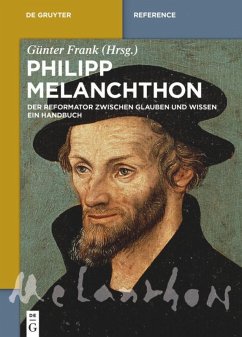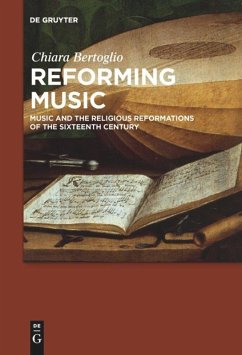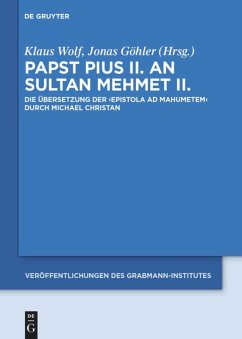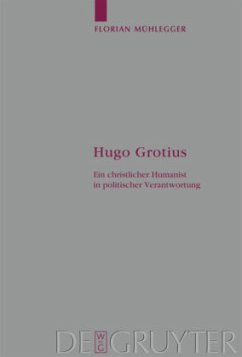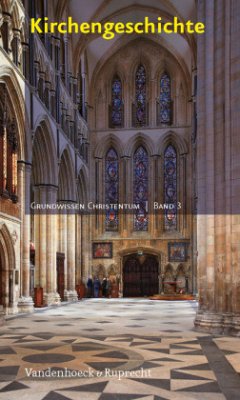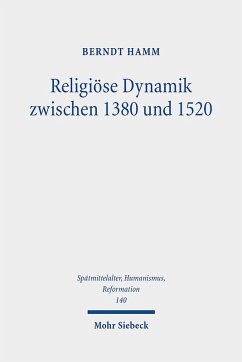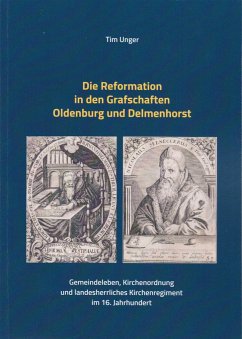
Georgius Cassander's 'De officio pii viri' (1561)
Critical edition with contemporary French and German translations
Herausgegeben: Schoor, Rob van de; Posthumus Meyjes, Guillaume H. M.
Versandkostenfrei!
Versandfertig in 6-10 Tagen
128,99 €
inkl. MwSt.

PAYBACK Punkte
64 °P sammeln!
The printing history of perhaps the most influential tract in the history of irenicism (church reunification), Georgius Cassander's De officio pii viri, in 1561 presented at the Colloquy at Poissy, together with an overview of its afterlife and the numerous reactions it provoked, both by Protestants and Roman Catholics, will contribute to our understanding of the history of erasmian humanist irenicism.Two contemporary translations, one in German by Georg von Cell and one in French by Jean Hotman, show us how De officio pii viri was adapted to the ongoing struggle for church peace in different ...
The printing history of perhaps the most influential tract in the history of irenicism (church reunification), Georgius Cassander's De officio pii viri, in 1561 presented at the Colloquy at Poissy, together with an overview of its afterlife and the numerous reactions it provoked, both by Protestants and Roman Catholics, will contribute to our understanding of the history of erasmian humanist irenicism.
Two contemporary translations, one in German by Georg von Cell and one in French by Jean Hotman, show us how De officio pii viri was adapted to the ongoing struggle for church peace in different parts of Europe, a struggle that was led by jurists and theologians, outstanding members of the Republic of Letters, who were able to spread their ideas by their large epistolary networks.
The life story of De officio pii viri highlights the birth, expansion and failure of ideas; how they profit from the support of the mighty and how they fail when opposed by the uncompromising: those who think they speak in the name of God.
Two contemporary translations, one in German by Georg von Cell and one in French by Jean Hotman, show us how De officio pii viri was adapted to the ongoing struggle for church peace in different parts of Europe, a struggle that was led by jurists and theologians, outstanding members of the Republic of Letters, who were able to spread their ideas by their large epistolary networks.
The life story of De officio pii viri highlights the birth, expansion and failure of ideas; how they profit from the support of the mighty and how they fail when opposed by the uncompromising: those who think they speak in the name of God.



